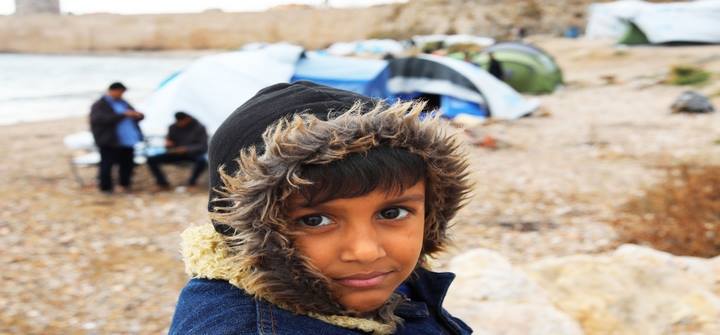Amnesty International Alpes Maritimes, through its president Jacques-Noël Bouttefeux-Leclerq, presented the association’s annual report.
In its annual report, the NGO condemns “dehumanizing discourse” and “the adoption of measures and laws that systematically and worryingly violate human rights” around the world.
This provides an opportunity to revisit the major issues of 2016 and the projects for 2017.
“Political leaders do not hesitate to trample on human rights, thereby making the world more dangerous.” These are the words of Amnesty International’s Secretary General Salil Shetty.
Today, the major issue stems from Syria and the refugee crisis. Amnesty highlights the inaction of states, especially during United Nations summits, in the face of the worsening of this crisis.
Still among leaders, many of them endanger Human Rights, notably the Syria/Russia duo in Aleppo, a dark episode that had little recognition in the Western world, where Bashar Al-Assad or Vladimir Putin face total impunity.
The Amnesty group discovered on-site a prison where 10,000 Syrian detainees were tortured and executed, reminiscent of Guantanamo. The failed coup in Turkey allowed President Erdogan to imprison nearly 100,000 Turkish civil servants and journalists and to continue his attacks against the Kurds without pressure.
The President of the United States, Donald Trump, demonizes his Muslim citizens and prevents Mexicans from crossing into the United States. As for the Philippines, Rodrigo Duterte, through his “anti-drug” policy, ultimately attacks the poorest populations of his country.
For Amnesty, 2015 was a dark year for human rights. And 2016 was even more so. New technologies are also coming into play. Facing terrorist threats, countries like the United States or France have reacted with overly harsh surveillance and security measures that can sometimes be liberticidal. Mass cyber-surveillance can then slip through the cracks.
France is part of these considerations. Amnesty International fights against security excesses and considers that French laws are sufficient to combat the terrorism that the country suffers from, without needing to add an arbitrary State of Emergency, which has been extended for the fourth time. Regarding refugees, it is up to justice to do its job, and not the police alone. The association takes the example of migrants who pass through the Roya valley and are taken back to the Italian border by the authorities, bypassing procedures. Not giving them the time to seek asylum.
Amnesty International hopes for 2017, a radical change in the behavior of world leaders in response to the nature and severity of conflicts. They hope that the United Nations will regain leadership in the fight for Human Rights worldwide. But also a strict application of the arms trade regulation treaty. And of course, defending freedom of expression and fighting against the demonization of populations.


